Our Team
Principle Investigator
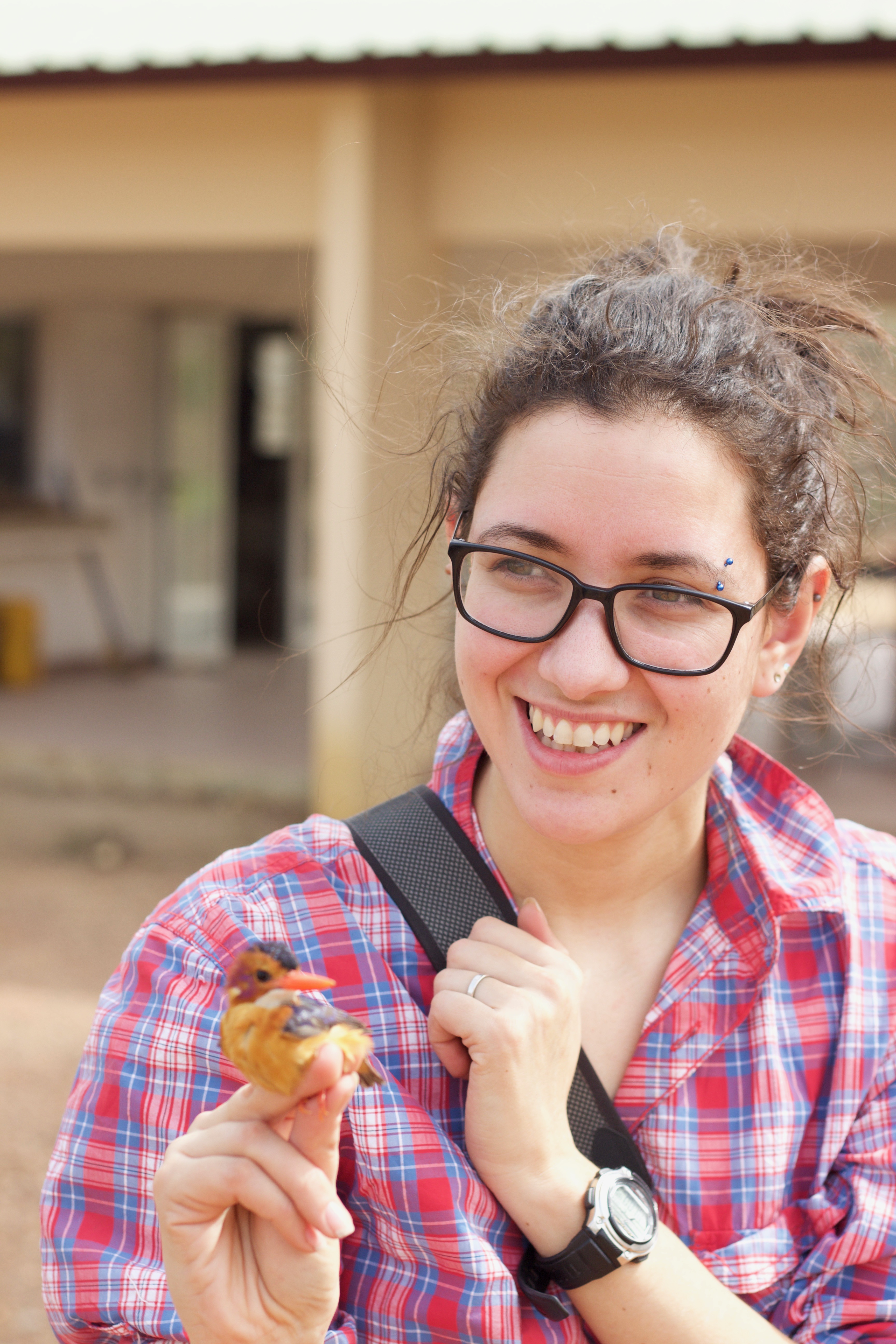
S. Eryn McFarlane, PhD
I am an evolutionary ecologist interested in speciation in wild systems. I use quantitative and population genetics and genomics to answer questions about hybridization, reproductive isolation, and competition. I combine empirical field work with theoretical research, specifically individual based simulations, to better understand what happens when closely related species come into secondary contact.
I am currently an Assistant Professor at York University in Toronto, Canada. Previously, I did a postdoc in Alex Buerkle’s lab at the University of Wyoming, and a postdoc in Josephine Pemberton's lab at the University of Edinburgh.
I did my PhD on the interplay between Speciation and Metabolic rate in Anna Qvarnström's lab at Uppsala University in Sweden, and my undergraduate and MSc work with Andrew McAdam at the University of Guelph.
When I'm not thinking about research or teaching, I'm chasing my kid or fur kids around, hiking, kayaking, birdwatching, or sports-watching (and rarely, sports-playing).
Postgraduates

Jenna LeBlanc (she/her)
I'm a PhD student with a background in invasive species ecology and an MEnvSc from the University of Toronto Scarborough. A field ecologist at heart, I started my PhD counting grass plants in the prairies, but have recently been dipping my toe into the vast ocean of population genetics. My research focuses on rough fescue grasses (Festuca hallii and F. campestris), their fungal friends (Epichloë endophytes), and the possibility that the two grasses may be hybridizing. When I'm not writing my thesis, you can find me wandering the woods in search of wildflowers, mushrooms, and birds, or at home trying out a new dessert recipe and winding down with a good video game.
Marqus Odisho (he/him)
I’m a MSc student in the Department of Biology at York University under the supervision of Dr. Eryn McFarlane in the StatsGen lab. My research interests involve using statistical and computational methods in the areas of genetics, ecology, and evolutionary biology. My Master’s thesis will focus on simulating hybrid genotypes and phenotypes to help characterize assortative mating where there is variation in the attractiveness of hybrids.

Sargon Yousefian Dezag Tekkie (they/them)
Sargon works on hybridization in Peromyscus mice at the Queen's University Biological Station using Genotyping-by-Sequencing. They're psyched to see how many species are there and if multiple species are hybridizing, or if there are other outcomes of secondary contact. In their spare time they're an interdiciplinary artist whose practice focuses on sound art, poetry and visuals.
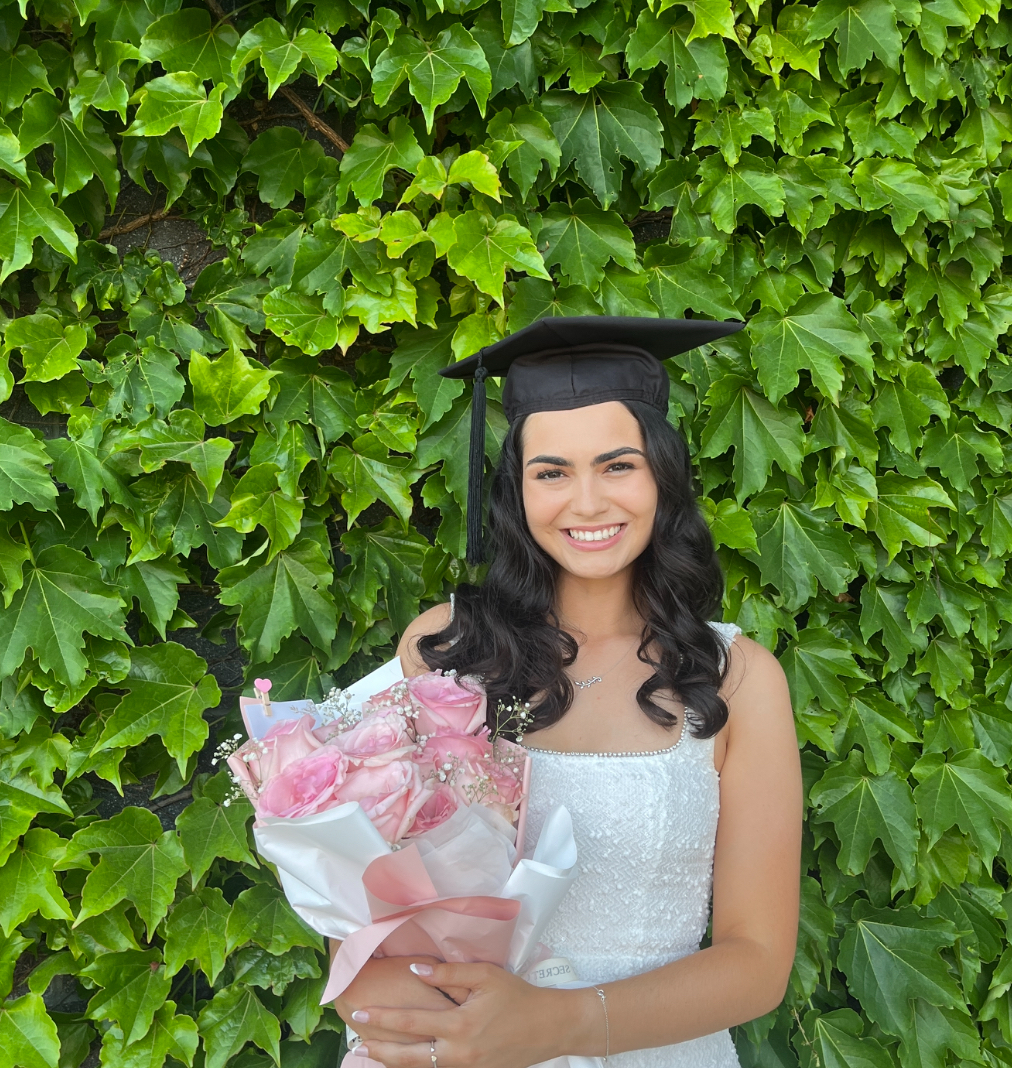
Amanda Sabatino (she/her)
I’m a MSc student investigating the effects of urbanization on hybridization in Colias butterflies in the Greater Toronto Area. I am also a prior BIOL4000 student and Undergraduate research assistant in the StatsGenLab.
Undergraduates
Yiwei Xu (she/her)
Hi, I am a third-year undergraduate student. This is my second summer working in StatsGen lab as a RAY student. I don’t have my own thesis yet, so I am basically a helper in the lab right now and mainly work on the Butterfly (Colias) project with Amanda. We caught Colias around the GTA during the flying season from May to October. In my free time, I love traveling around and experiencing new things. I also love playing piano during my leisure time.
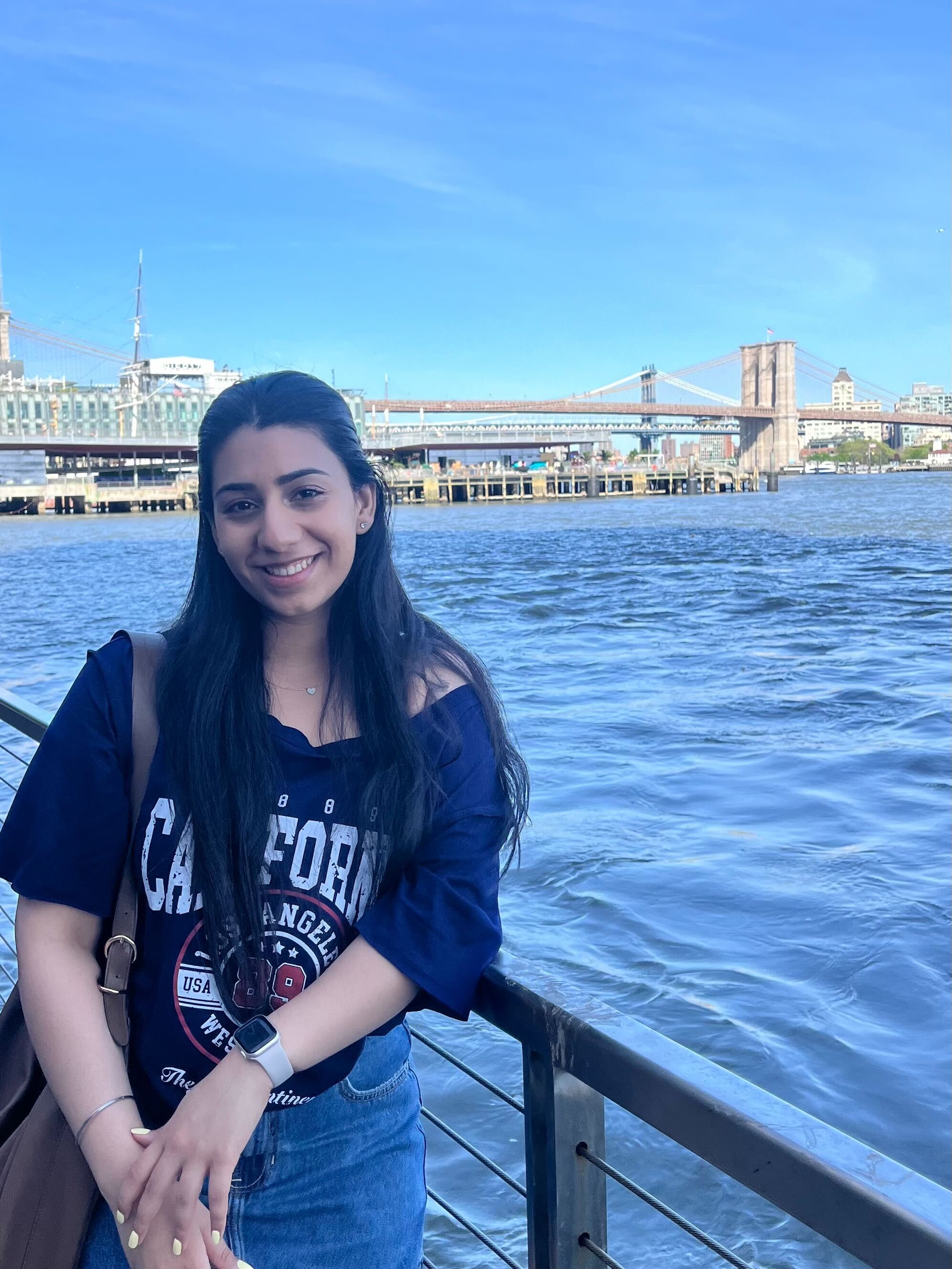
Anantika Kohli (she/her)
I’m a 4th year undergraduate student studying Biology along with a minor in mathematics. I am a biol4000 thesis student in the StatsGen lab. My project entails research on assortative mating simulations on deer data. As for academic interests I enjoy inferring data sets, learning statistical models and software’s such as R and SAS along with everything genetics. You will typically find me at the gym or sipping matcha around campus cafés.

Gwynet Valenzuela (she/her)
I’m a 4th year undergraduate student of Biology specialized honours in Biotechnology in the Statsgen lab. I am currently working as a BIOL 4000 thesis student studying SNPs and hybridization of Cervus sp., namely Cervus elaphus (red deer) and Cervus nippon (sika deer). I like animals, genetics, molecular genetics, evolution and very curious about hybridization when i got into evolution class, which drove me to be in the lab. If you don’t see me writing, I am probably swimming, lifting in the gym, singing in a choir at church, or binging on a korean legal drama.

Ekas Kaur (she/her)
I’m a 4th year undergraduate student pursuing Biomedical Science. I am a BIOL 4000 thesis student in the StatsGen lab, conducting my project on fescue grasses (Festuca hallii and F. campestris) and their hybrids. My research investigates whether morphological traits can reliably distinguish hybrid individuals from parental species by integrating phenotypic measurements with genomic data. When I’m not measuring grass traits, you’ll find me chasing the perfect iced coffee ratio or curled up in a corner with a book, pretending it counts as a “literature review”.
Santiago Arango (he/him)
Santiago is globe trotting, because he can access NCBI data where ever he goes.
Lab Alumni
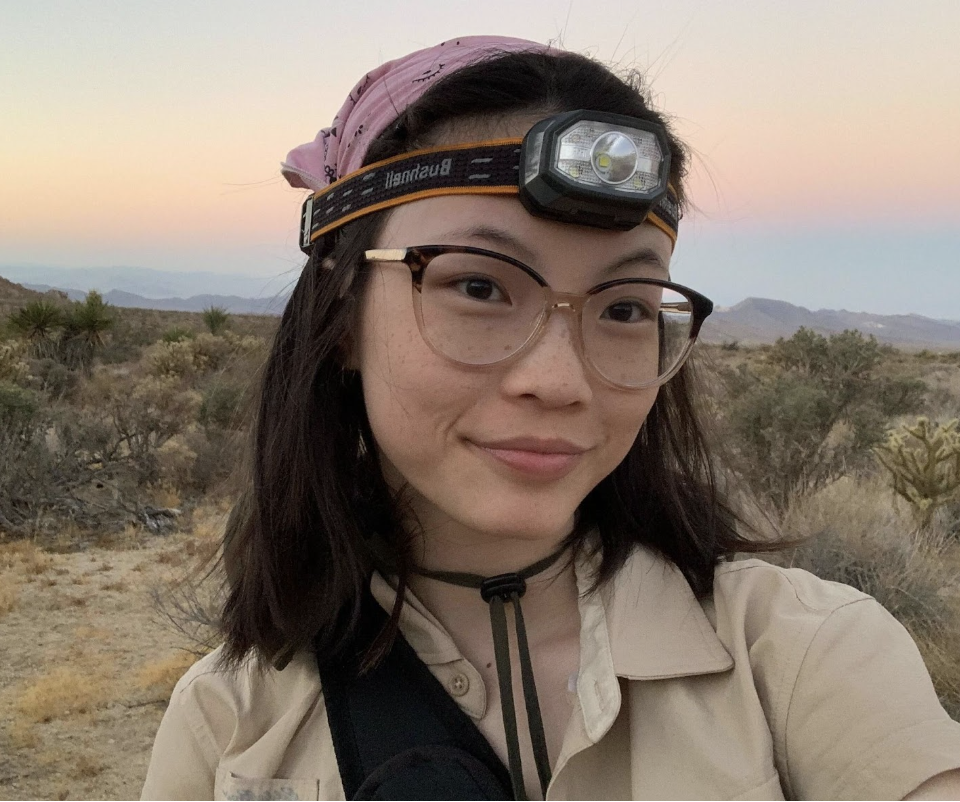
Shirley Chen (she/her)
Hi! I’m a recent Bsc graduate and former BIOL4000 thesis student in the StatsGen lab studying Lyme disease. I'm interested in all things disease ecology and I'll be at the University of Toronto completing my MPH in epidemiology. In my free time I love relaxing with a good fantasy book and my cat! My published paper from this project can be found here.
Asal Ashtari (she/her)
Asal used mother-foetus genotypes in red deer and sika hybrids to infer paternal ancestry and ask whether there was assortative mating for ancestry in Kintyre hybrid zone. She found some evidence for assortive mating, and more work needs to be done.
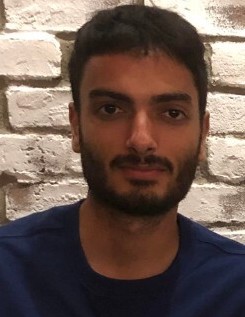
Amandeep Gill (he/him)
Hi! My name is Amandeep and I joined the lab as an undergraduate thesis student working on making phenotype predictions from genotypes within the red deer and sika hybrid system. I find research in statistical and evolutionary genetics very exciting, and outside of research, I enjoy going on walks in new areas, reading, and playing recreational sports (almost any!).
Yosuf Mohamed (he/him)
I recently completed the final course of my Honours Biology degree, a Selected Readings in the StatsGen Lab focusing on prediction in natural hybrid zones. I have a deep love for nature and ecology, and when I’m not studying, you’ll most likely find me working on my bike or enjoying the outdoors!
Friends of the Lab
Long time collaborators of the lab include Professor Liz Mandeville at Northern Michigan University and Professor Josh Jahner at New Mexico Tech.